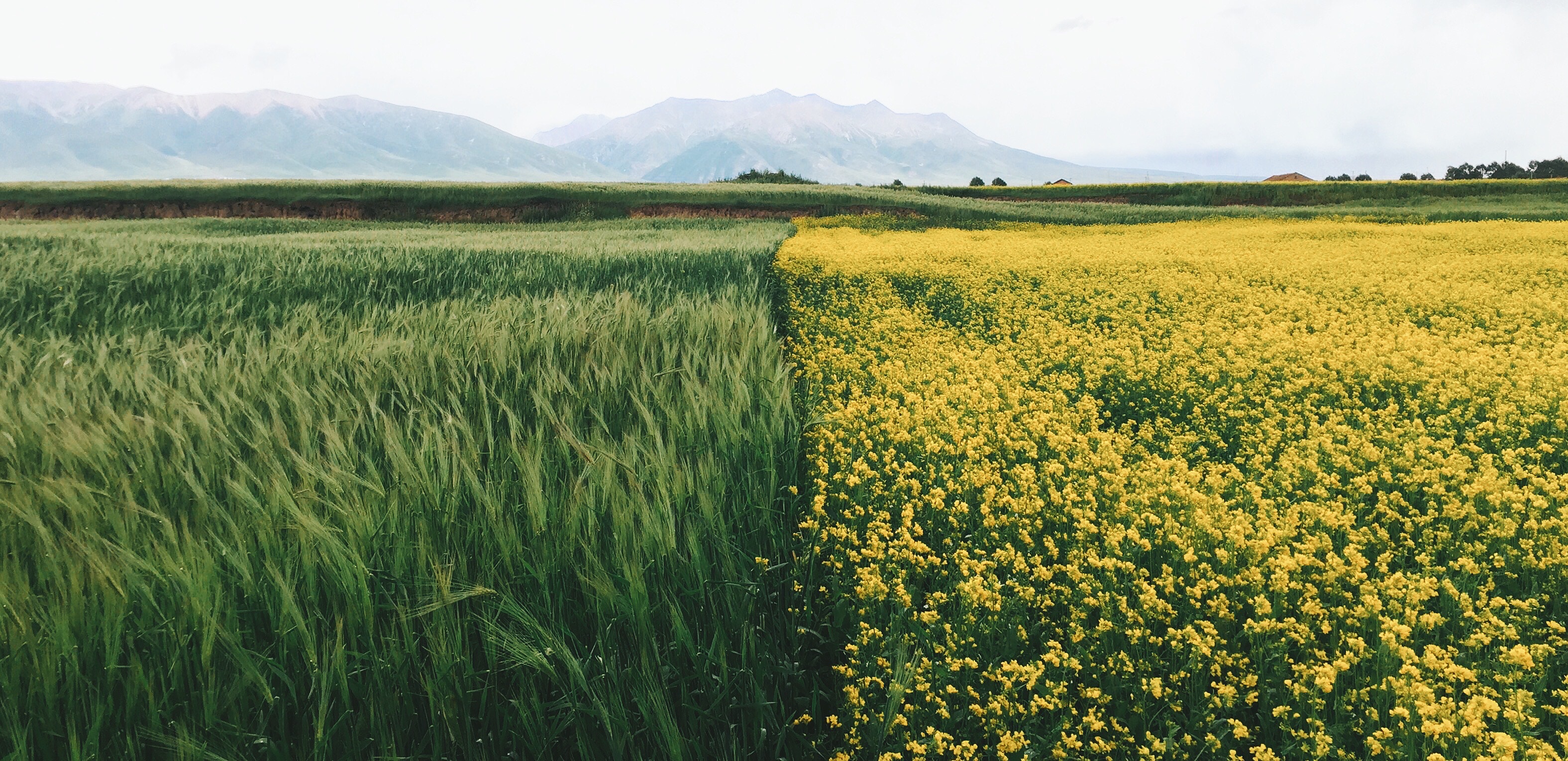The 3rd Agriculture and Climate Change Conference will focus on the likely impact of climate change on crop production and explore approaches to maintain and increase crop productivity into the future.

Maintaining crop production to feed a growing population during a period of climate change is the greatest challenge we face as a species. The increased crop yields during the last century and especially the Green Revolution, were brought about through breeding for increased harvest index and disease resistance, as well as by using more irrigation water and agrochemicals. While genetic gains continue, the multiple challenges of climate change and growing global population demand new approaches to produce nutritious, high yielding, climate resilient crops and mitigate the negative impact of agriculture on the climate.
The 3rd Agriculture and Climate Change Conference will focus on the likely impact of climate change on crop production and explore approaches to maintain and increase crop productivity into the future.
Topics
Modelling climate change and its application to agriculture
Including developments in modelling climate change and predicting both the positive and negative impact of this change on agriculture.
Climate change and increased agricultural uncertainty
Examines agricultural resilience, climate-smart agriculture, and sustainable intensification of food production in a changing climate.
Abiotic stress
A major session covers the impact of various abiotic stresses on agriculture and crops. It includes the impact of extremes (e.g. heat stress, drought, waterlogging) and managing increased variability (e.g. seasonal forecasts for crop management).
Effects of CO2 on plant growth
Includes predicting the impact of increased CO2 on plant growth, the relation between increased CO2 and other aspects of agriculture such as heat and drought stress and approached to exploit the predicted changes in atmospheric CO2.
Concurrent with:
- Food security in developing countries
- Adapting the agriculture of developing countries to global change, challenges, strategies, success stories and policies.
Impacts of climate change on nutrition, quality and resource use efficiency
Examines how predicted climate change may impact food quality and nutrient content as well as the role of resource use efficiency such as water and nitrogen for sustainable agriculture.
Concurrent with:
- Improving the efficiency of the food chain
- Proximity agriculture, reducing the total carbon footprint, reducing food waste.
Plant-microbe interactions and climate change
Includes both beneficial and detrimental interactions, how these may be impacted by climate change, changes in plant disease and the exploitation of plant-microbe interactions to reduce the impact of climate change.
Concurrent with:
- Reducing the impact of agriculture on climate change
- Moving to low impact, efficient and sustainable practices, reducing CO2 emissions and pollution from crop and animal production, innovative agronomic practices.
Innovative breeding practices
New technologies to support advances in breeding climate resilient crops. Genetic improvement for adaptation to climate change (e.g. heat tolerance, increased utilisation of elevated CO2).
New crops for a new climate
Success stories on adaptation to climate change and their drivers. Is a New Green Revolution arriving: promises, fictions or reality? Application of genetic diversity, germplasm and wild relatives.
The source of the event: Elsevier
Budapest
1-3, Jagelló út, 1123
Hungary